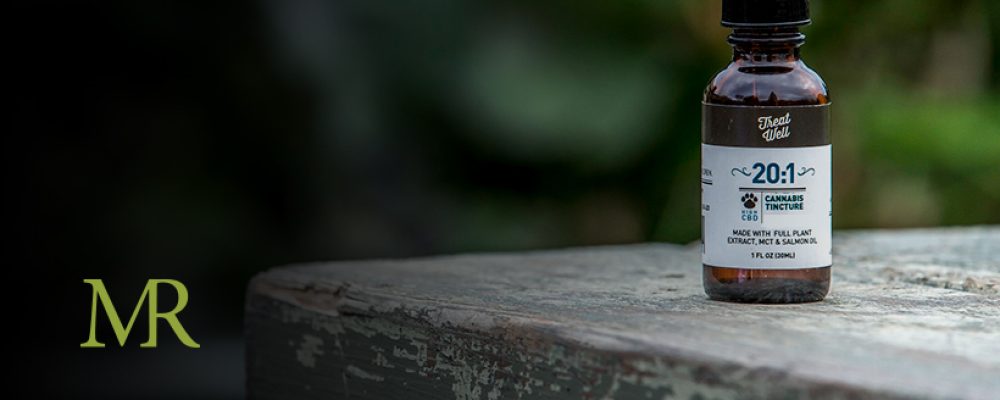Companies from every industry, from farms to food to cosmetic manufacturers, are joining the CBD rush. The result is that everyone, from regulators to customers, is trying to wrap their arms around this popular product, where, beyond a few cannabis-legal states (where the CBD market is strictly regulated and tested), the regulatory rules are minimal to none. That is until the FDA steps in.
Curaleaf, a Massachusetts-based company and national brand that trades on the U.S. over-the-counter markets as CURLF, signed a distribution deal with CVS Pharmacy in March 2019 to sell hemp-based products, such as lotions and transdermal patches, at 800 stores in 10 states. Curaleaf came front and center in the news after the FDA, on July 23, issued a warning letter to the company, stating that Curaleaf’s marketing related to its CBD-containing products violates the Federal Food Drug and Cosmetics Act. Since 2015, the FDA has sent 47 warning letters to 21 CBD manufacturers for making unsubstantiated health claims.
In the letter, the FDA accused Curaleaf of selling unapproved CBD-containing products online, marketed with unsubstantiated medical claims that the products can treat ailments that included cancer, Alzheimer’s disease, opioid withdrawal symptoms, pain and pet anxiety. The letter is the first one issued since the FDA commenced its review of CBD. Companies, after receiving FDA warning letters, have 15 working days to notify the agency in writing, describing the corrective actions taken to address the violations and prevent future missteps.
On July 25, Curaleaf, upon receipt of the letter from the FDA, immediately began a detailed review of its websites, social media platforms, and omitted any language that the FDA identified as non-compliant. Curaleaf also notified the FDA that some of the products as mentioned in the initial FDA warning letter had previously been discontinued, assuring the agency that it will continue to work to ensure consumer information is fully compliant with FDA requirements. Corrective action by Curaleaf also included removing the Curaleaf Hemp blog that incorporated third-party links.
In May, at a cannabis review by the FDA, CBD manufacturers came together with academics, consumer-packaged goods manufacturers and agriculture officials to request a panel of regulators create a uniform set of guidelines relating to the producing, packaging and labeling of cannabis extracts which includes CBD.
Three other CBD companies received similar letters from the FDA in April 2019, instructing them to stop making unsubstantiated claims about medical benefits related to their CBD-containing products. The companies, Advanced Spine and Pain (Michigan), Nutra Pure (Washington), and PotNetwork Holdings (Florida), were accused of alleging medical benefits on their products, websites, online stores and social media accounts.
In July, the FDA said that it will update the hemp industry on its review by late summer or fall as it continues to work to address questions related to CBD. The FDA, while working toward developing a regulatory framework to allow product developers who meet legal requirements to market their products, will continue to monitor the marketplace and take action as needed against companies illegally selling CBD products with claims to prevent, diagnose, treat or cure serious diseases.


